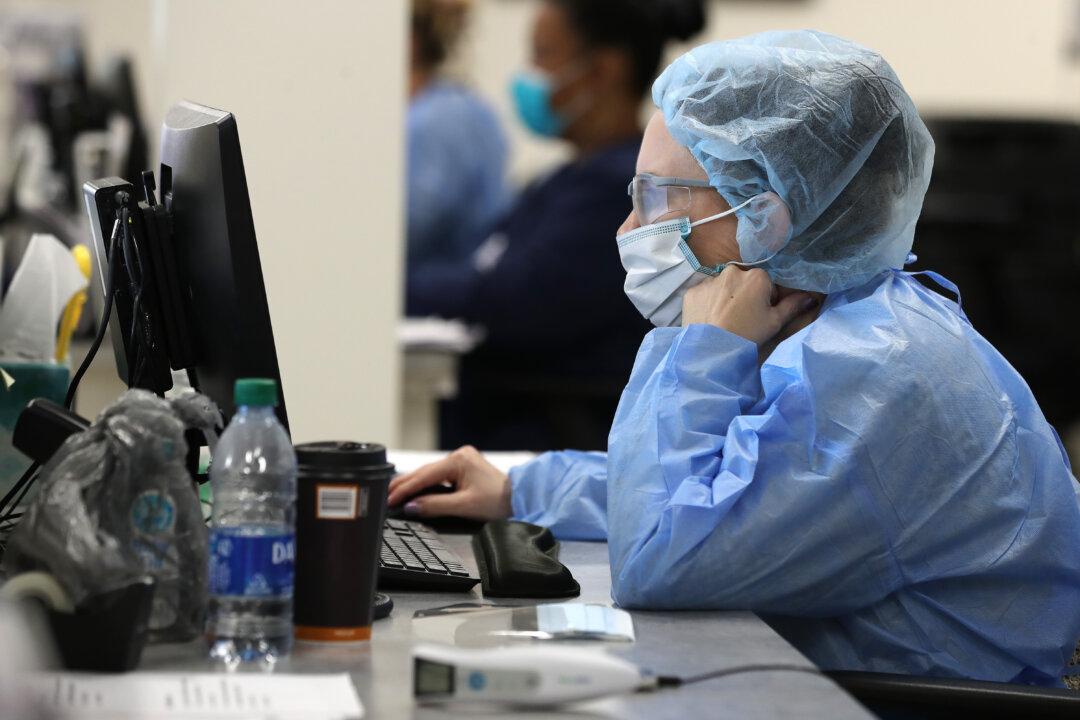The U.S. Food and Drug Administration (FDA) on April 14 authorized two more CCP virus antibody tests for emergency use.
Unlike tests to diagnose diseases, antibody tests show who has been infected and recovered. However, it is still unclear whether the presence of antibodies guarantees long-term immunity to the CCP (Chinese Communist Party) virus, commonly known as the novel coronavirus.





